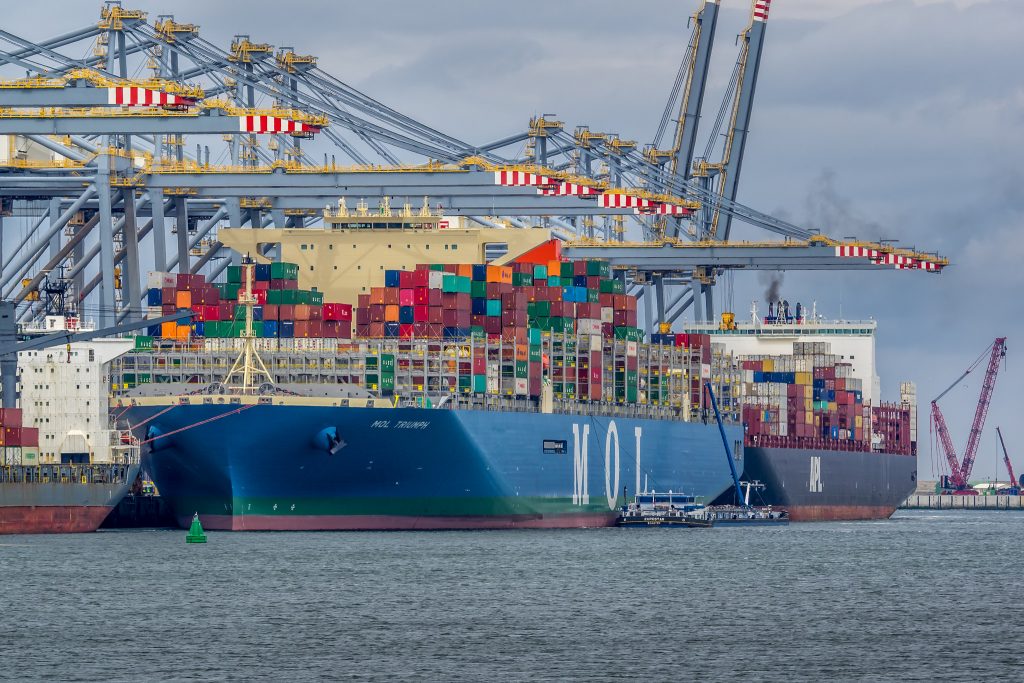Oil firm Shell applies for geothermal exploration permit in Rotterdam/ Netherlands
Dutch oil giant Shell has announced the application for a geothermal exploration permit in the region of Rotterdam in the Netherlands. The company aims to map the region and explore options for a geothermal heating project.
As announced by the company today, Shell has submitted a permit application to the Ministry of Economic Affairs and Climate (EZK) for the development of geothermal energy in the Rotterdam region. With its knowledge and expertise, and in cooperation with customers, companies and the (local) government, Shell thinks that it can make a positive contribution to the role of geothermal energy in the Dutch energy transition.
This initiative is Shell’s next step in the Dutch energy transition alongside existing activities in sustainable mobility, wind-on-sea and solar energy. With the development of geothermal energy at local level, Shell wants to contribute to the sustainability of the heat supply in the region.
Geothermal energy, also called geothermal energy, is existing heat that is extracted from earth layers at depths between 500 meters and 4,000 meters. In a recent policy letter from the Ministry of Economic Affairs, geothermal energy is mentioned as an important future energy source for sustainable heat in the built environment and in greenhouse horticulture.
Rotterdam is an important region for the acceleration of the Dutch energy transition. Several permit applications for geothermal energy from various parties are running in and around this area. The coming months will show how the Ministry of the Interior and Kingdom Relations will deal with the various applications. If the license requested by Shell is granted Shell will map the geothermal potential in the region concerned. This can lead to a first test drilling to geothermal energy by the end of 2020, and possibly several drillings in the following years.
With these exploratory drilling, Shell wants to investigate how geothermal heat from a depth of 2,000 to 3,000 meters can be extracted safely and responsibly in this region. Shell wants to use existing industrial sites as much as possible in its geothermal activities and connect to existing heat infrastructure. In this way we can provide our customers with more and cleaner energy.
Source: Shell


















